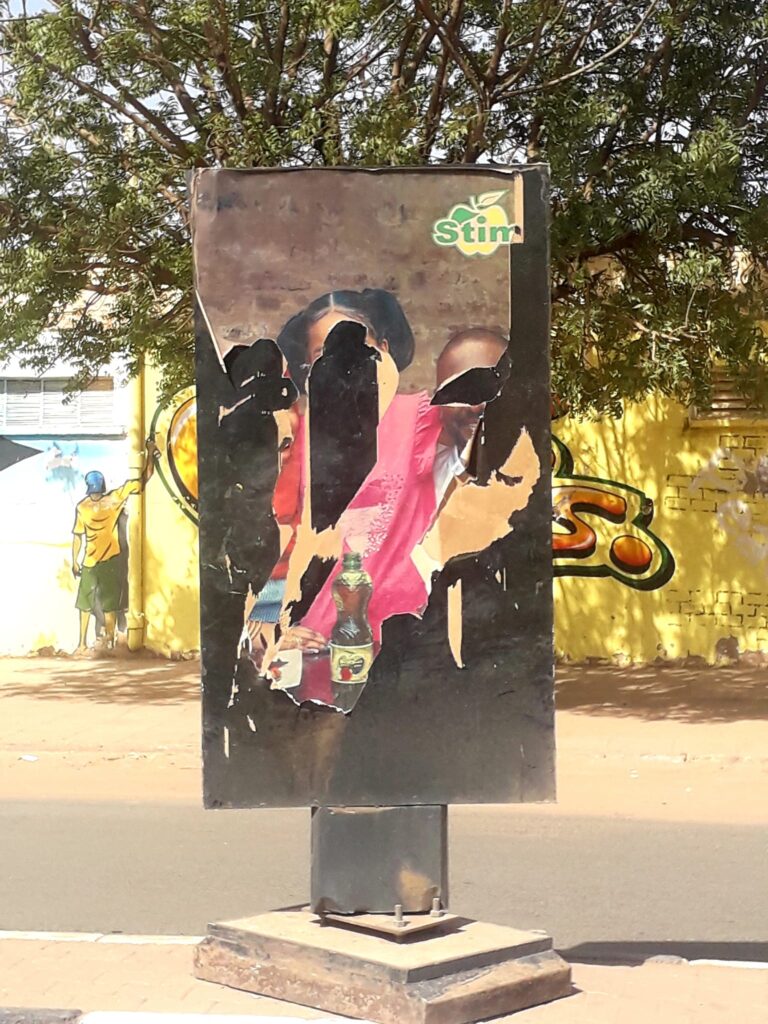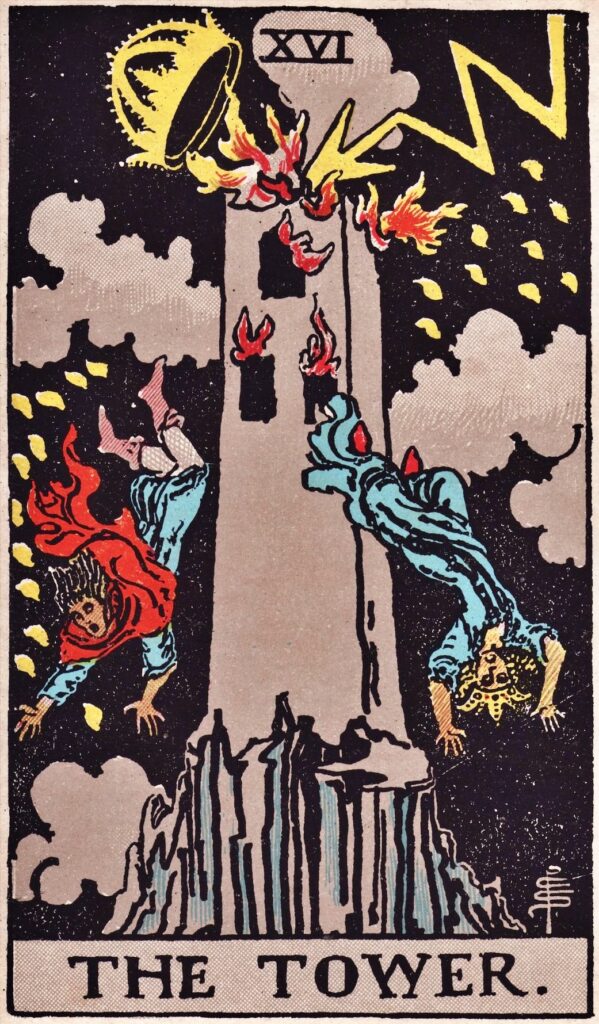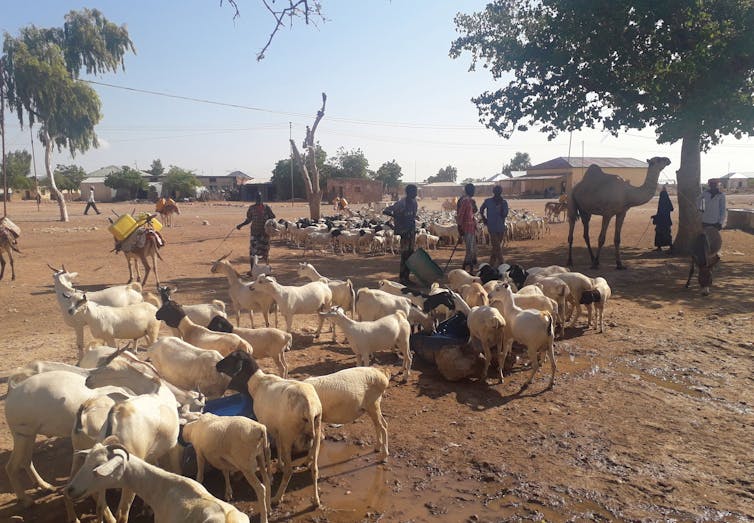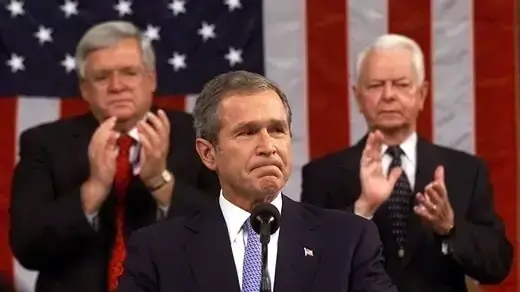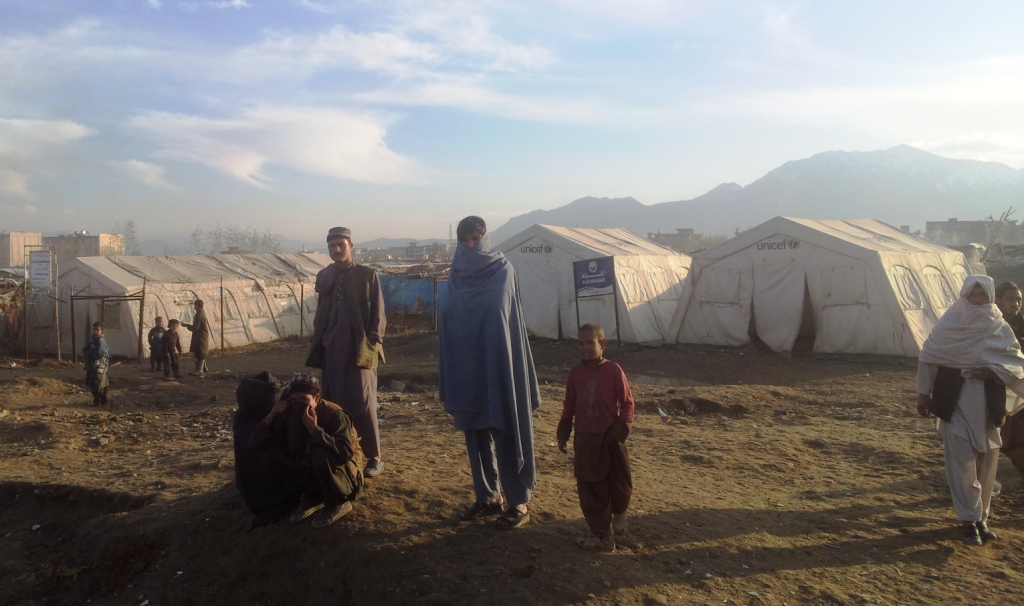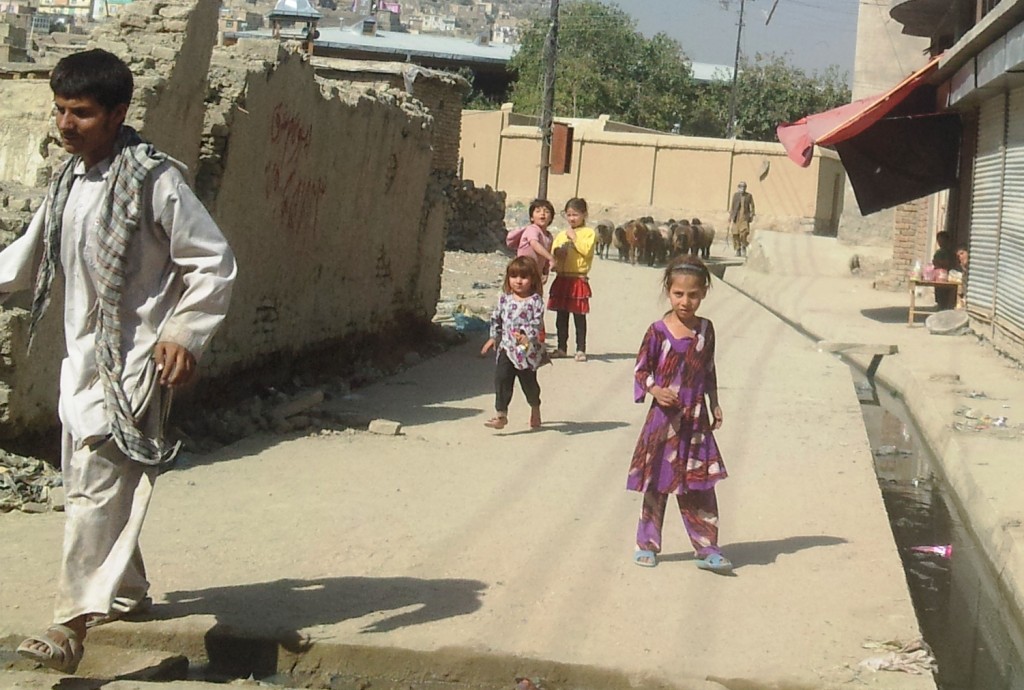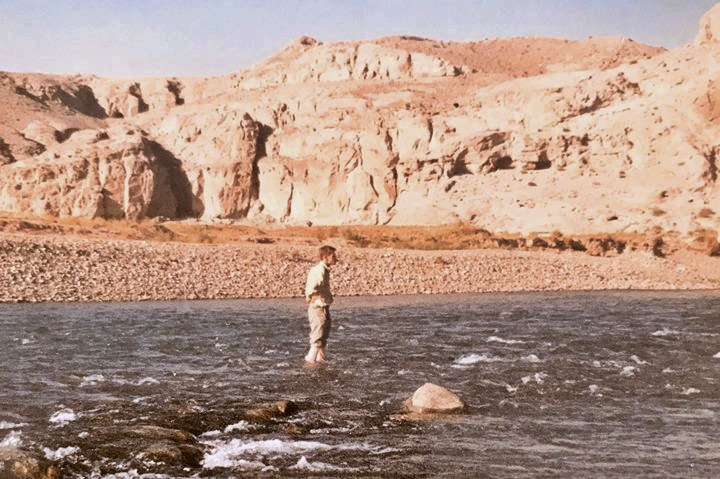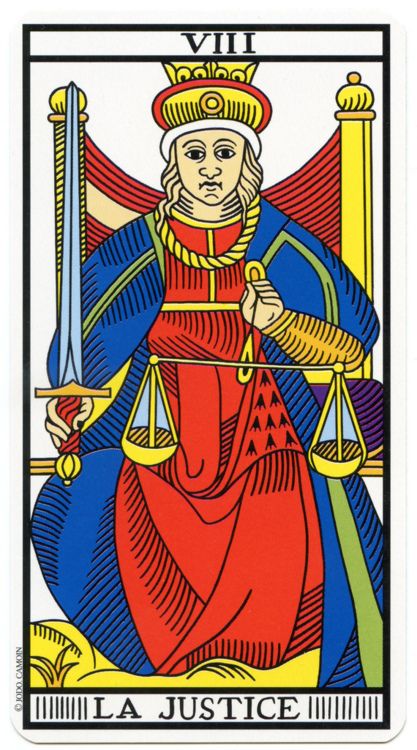Perspectives from Khartoum, March-April 2022
I have come to Khartoum for a cultural mapping. The European Union has decided to expand its support of the Sudanese cultural sector. The EU, wired to support the state of Sudan, has no partner to work with since the military coup of Oct 25, five months ago: it does not recognize the military government. After several months of efforts to help reconstitute a civilian government, the EU delegation in Sudan has decided to increase its assistance program towards the support of civil society. One of the components of civil society is the cultural sector, supported over the past years through EUNIC. I am glad that sometimes the European Union does use its money wisely. My goal is to help them invest strategically into the cultural sector, in a way that builds it up instead of making it dependent on external funding.
As a result I’m in an intense round of consultations with all kinds of actors in this sector. Artists, directors of private organizations, commercial or non-benefit, institutions, researchers… everybody is speaking about the political and economic crisis, and are thinking about what the cultural sector can do to contribute to an outcome. In the following I will present some of their views on the double failure of the state and the economy, and how they are reacting to this crisis now. But first an explanation about the current situation in Sudan.
